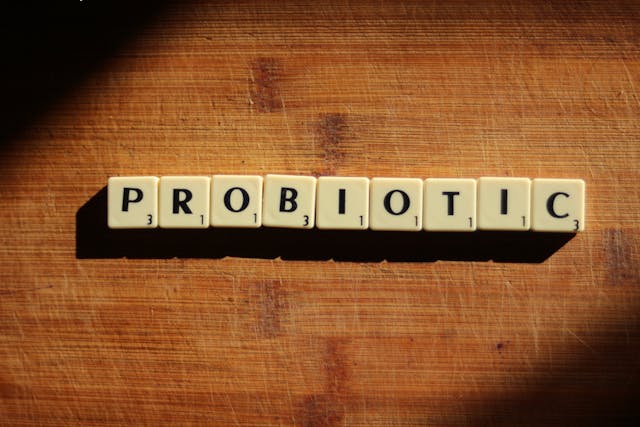
Probiotic supplements are often seen as a “no harm, no foul” option for those looking to ease digestive issues. With nearly 60 to 70 million Americans dealing with digestive problems, according to the National Institute of Health, there’s a huge market for these products.
These supplements are getting super popular. In 2021, the probiotic market hit over $48 billion, an 8 percent increase from the previous year.
Even though no solid proof shows they offer lasting benefits, they’re considered a “why not give it a try” option since they rarely cause side effects, especially in healthy folks.
What are the Side Effects of Probiotics?
Since everyone’s gut microbiome is different, probiotic supplements can cause various reactions and side effects.
While probiotic foods typically don’t have side effects, they can sometimes cause gas or bloating if you’re allergic or sensitive to certain ingredients. Probiotic supplements, however, can be a bit trickier, and everyone’s experience can be unique.
“Every person is different because each person has a unique system and microbiome,” says Katherine Zeratsky, a registered dietitian nutritionist at the Mayo Clinic. “How their microbiome interacts with the newly introduced probiotics and their dosage can vary.”
Since you can’t predict the side effects you’ll experience, it’s a good idea to know what to expect so you’re prepared just in case.
When Should You Take Probiotic Supplements?
A doctor might suggest a probiotic supplement if you’re dealing with digestive issues like constipation, diarrhea, or bloating.
A study in the American Journal of Gastroenterology found that many people with irritable bowel syndrome (IBS) have found relief with these supplements.
Doctors may also recommend probiotics if you’re on antibiotics. Antibiotics treat infections by killing the bad bacteria causing the illness.
However, they can sometimes take out good bacteria too. Taking a probiotic supplement during this time can help replenish the good bacteria and keep your gut balanced.

